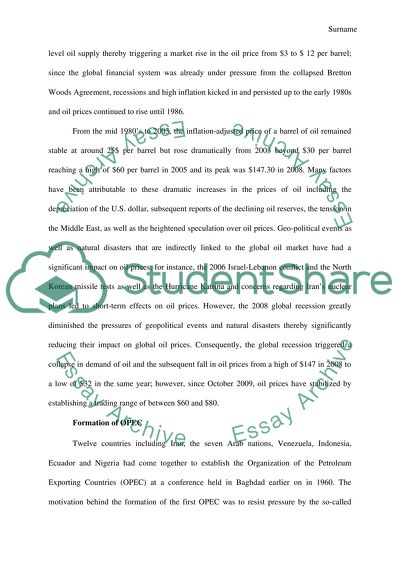Cite this document
(“How have the Gulf States used oil as their foreign policy tool (mainly Research Paper”, n.d.)
How have the Gulf States used oil as their foreign policy tool (mainly Research Paper. Retrieved from https://studentshare.org/social-science/1646430-how-have-the-gulf-states-used-oil-as-their-foreign-policy-tool-mainly-the-oil-embargo-of-1973and-how-effective-has-it-been
How have the Gulf States used oil as their foreign policy tool (mainly Research Paper. Retrieved from https://studentshare.org/social-science/1646430-how-have-the-gulf-states-used-oil-as-their-foreign-policy-tool-mainly-the-oil-embargo-of-1973and-how-effective-has-it-been
(How Have the Gulf States Used Oil As Their Foreign Policy Tool (mainly Research Paper)
How Have the Gulf States Used Oil As Their Foreign Policy Tool (mainly Research Paper. https://studentshare.org/social-science/1646430-how-have-the-gulf-states-used-oil-as-their-foreign-policy-tool-mainly-the-oil-embargo-of-1973and-how-effective-has-it-been.
How Have the Gulf States Used Oil As Their Foreign Policy Tool (mainly Research Paper. https://studentshare.org/social-science/1646430-how-have-the-gulf-states-used-oil-as-their-foreign-policy-tool-mainly-the-oil-embargo-of-1973and-how-effective-has-it-been.
“How Have the Gulf States Used Oil As Their Foreign Policy Tool (mainly Research Paper”, n.d. https://studentshare.org/social-science/1646430-how-have-the-gulf-states-used-oil-as-their-foreign-policy-tool-mainly-the-oil-embargo-of-1973and-how-effective-has-it-been.


